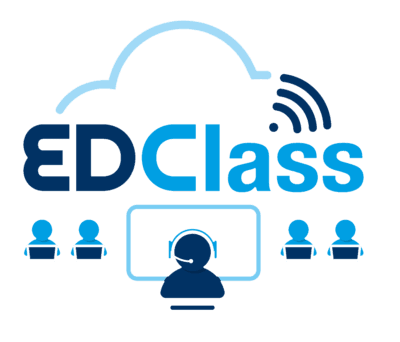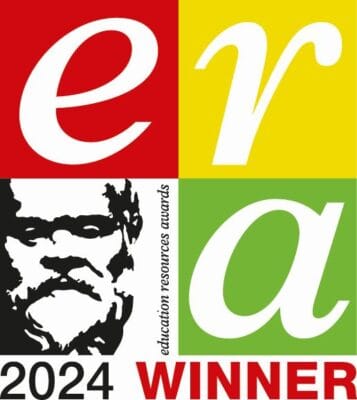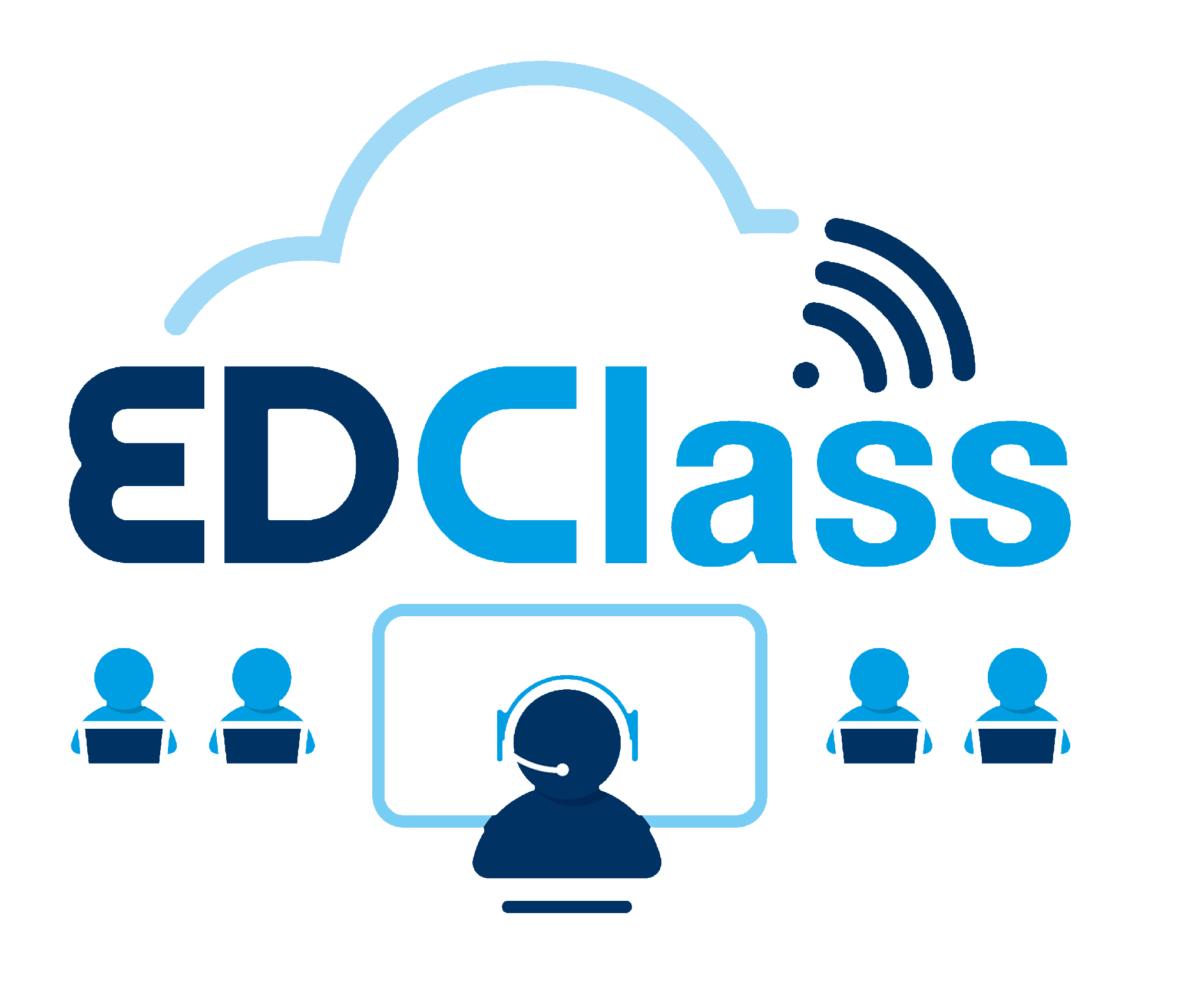EDClass Curriculum: Comprehensive Online Learning for Key Stages 1-4
EDClass's Curriculum Solution: Key Stages 1-4
EDClass offers a comprehensive curriculum designed to meet the needs of students across all key stages.
EDClass also covers AQA, OCR, Pearson Edexcel, WJEC and we are constantly updating the curriculum to keep up with national standards.
EDClass’s engaging lessons, activities and games lay the foundation for literacy, numeracy, and essential skills.
We help students build on their knowledge, preparing them for the transition to secondary education.
EDClass’s curriculum covers core subjects and offers a range of electives to spark student interests.
We provide targeted support for GCSE preparation, ensuring students are well-equipped for success.
Why Choose EDClass?
Interactive lessons, videos, quizzes, and games keep students motivated.
Students progress at their own pace, with tailored feedback and support.
Our UK-qualified teachers are available for one-to-one support.
All sessions are recorded and monitored for child protection.
Explore Our Curriculum
Click on the links above to learn more about our curriculum offerings for each key stage. Discover how EDClass can help your child reach their full potential.










